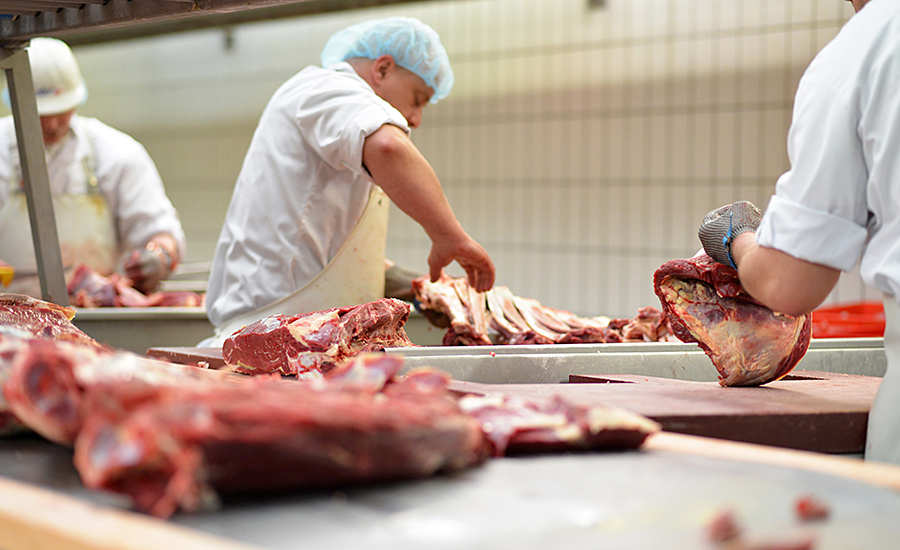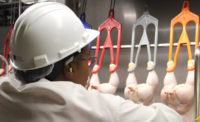As COVID-19 cases continue to rise in the United States, the meat industry increasingly faces the potential of pandemic-related economic and legal threats. One of the most pressing involves the risks faced by workers in meat processing plants. This has manifested in lawsuits, federal civil rights complaints and allegations of widespread mistreatment of essential workers. The devastating impact COVID-19 has had on the meat industry is complex and involves many important issues. I believe now is the time we must all come together to continue to put food on our nation’s tables.
In early July, worker advocacy groups filed a complaint with the U.S. Department of Agriculture (USDA) alleging that certain meat packers deliberately endangered predominantly minority employees to boost profits. Specifically, the complaint claims the alleged corporate policies violate the Civil Rights Act of 1964, which bars companies that engage in racial discrimination from receiving federal funding. In support of the allegations, the complainants cite a recently published U.S. Centers for Disease Control and Prevention (CDC) report, which notes that 87 percent of meat industry employees infected with COVID-19 were Asian, Black or Latino. According to a study by the Center for Economic and Policy Research (CEPR), Black, Latino and Asian workers make up about 70 percent of line workers in meatpacking plants. Thus far, thousands of workers have been infected and, reportedly, more than 100 have died. In turn, complainants are asking that the federal government cease doing business with the companies, which have received more than $150 million dollars in federal contracts this year.
As a threshold matter, racism in any form is inexcusable and must never be tolerated. With that said, as it relates to the toll of COVID-19 on workers in the meat industry, it is by no means clear that the outbreaks were exclusively or even principally the product of any racial or other animus. While recognizing the disproportionate impact these outbreaks have on minorities, we must take care to identify and evaluate all of the causes so we can adequately fix the problems that led to these high numbers of cases, and undertake the measures that will be necessary to protect vulnerable workers in the future.
While the issues of racial injustice must be corrected, the problems seen with the pandemic cannot be reduced to racism alone. If we are going to effectively protect our workers, we must also pay due regard to the many factors that put workers at risk but are unrelated to the racial makeup of the workforce.

COVID-19 is a new virus about which we still have little understanding. We’ve learned the virus can be transmitted easily and, because of the essential nature of the food industry, closing facilities was not a viable option. Shortages of personal protective equipment (PPE) have further exacerbated the problem, and were made worse by the fact that implementing social distancing was simply not possible given the design of many plants.
The food industry is responsible for the health of the nation. Moving forward, I would urge companies and employees to work closely together. I would also encourage industry leaders to continue to assess how the policies, environmental factors, business decisions and procedural outcomes may impede our ability to protect our essential workers, and to continue to find solutions. We will be stronger coming together, rather than staying apart. NP





Report Abusive Comment